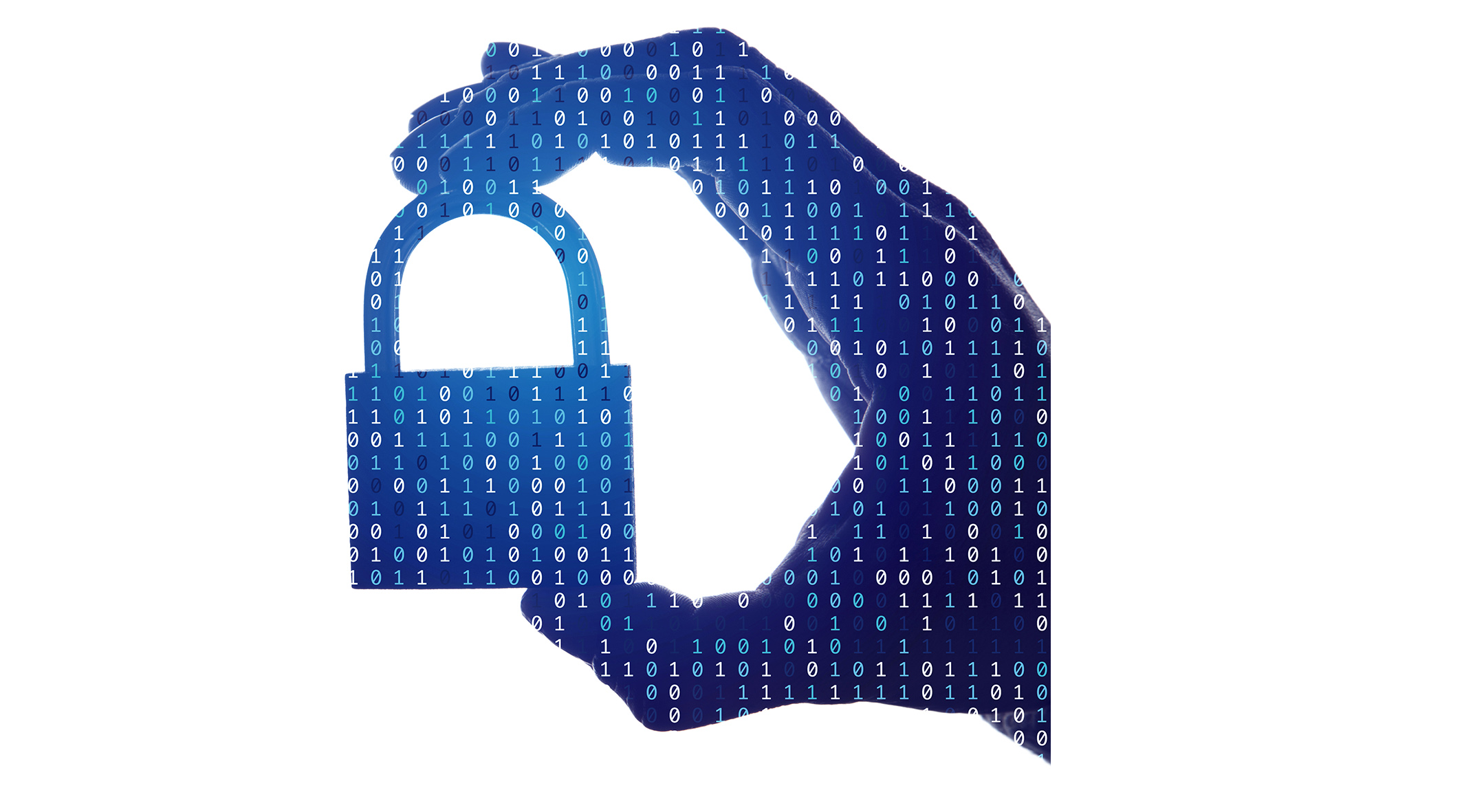Every advance, whether technological or not, has its counterparts. The emancipation of a data society is no exception. At the moment when we individually produce 1.7 Megabytes of data every second; at the moment when digital data is used to create, value and develop a growing number of new services; at the momentwhen data has become central, its protection and sovereignty is at the heart of an important socio-economic debate.And this is all the more true since the trend is clearly towards a drastic increase in data collection, particularly in the context of deep learning and artificial intelligence.
How do we protect, store and ensure the sovereignty of digital data?
We’re giving the power back to the users.
The issue of data protection, storage and sovereignty is a crucial debate. It concerns the State, companies and citizens. Switzerland is no exception. It is a question of catching up with its European neighbor. On May 25, 2018, the European Data Protection Regulation (GDPR) took effect in the European Union. This regulation aims to do nothing more and nothing less than give the power back to EU citizens when it comes to personal data. In broad terms, the GDPR grants more rights to individuals, such as the right to be forgotten and portability.
In other words, every European can demand to know which companies are collecting their data, in what context and for what purposes. They can decide to transfer their personal information to the platform or company of their choice. If the regulation is European, it also concerns SMEs as well as Swiss multinationals.But which ones? For which services? In which sector? And what do we mean by personal data? How can this legislative change be implemented? What are the costs of compliance with the European regulation?

Since then, the vast majority of Swiss companies have taken the necessary steps to become compliant. This change has an organizational, human and financial cost. Indeed, each company must review its data processing policy and clearly analyze what information is collected, how it is processed, who has access to it and whether the company can delete it. For the company, it is therefore a matter of ensuring that the new standards are respected from one end of the data processing chain to the other. This approach naturally involves all the company’s departments and forces the general management to review its processes and, if necessary, to hire new competent resources. But this is the price to pay to guarantee the protection and sovereignty of citizens’ data.
News







